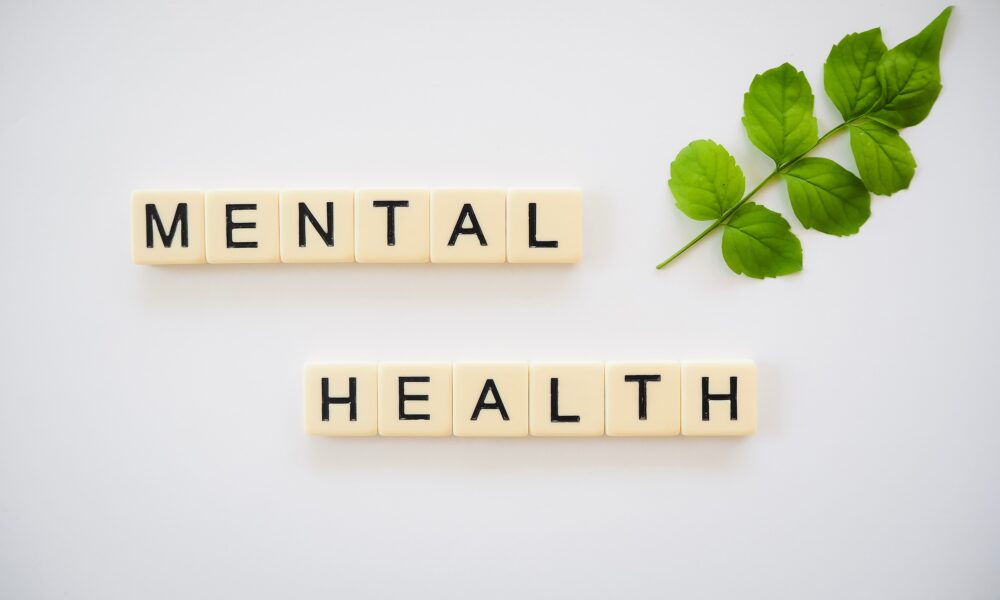Tips for dealing with mental health
Mental health can be one of the most challenging problems anyone can face in their life for both children and adults. Whether it’s stress, depression, anxiety, etc., it’s always best to take action no matter how slight that action may be. Whether you are the one who has mental health issues, or the friend someone with mental health issues vents to, it’s important to know basic therapy advice. Although nothing obligates you as just a regular person to voluntarily serve as someone’s outlet, helping out can feel fulfilling if you do choose to help. However, if you do choose to help, the most important thing you should be thinking about is the advice you’re giving to your friends. False help and advice can sometimes be worse than nothing, so in that case, be positive you are correct in your wording and actions. Here are some tips I have found helpful throughout my experiences.
Write things down
If there’s no one around to talk to, write down your thoughts. If you are the one looking for help with your mental health, writing down your own thoughts can feel like a sort of venting of your problems to someone even if they aren’t real. Even just pretending that your notebook is a person that you are talking to can feel sort of refreshing. Talking to people about your thoughts and feelings is important, and if there’s no one you can talk to, writing down your feelings is the next best thing. So all in all, keep a diary of all your thoughts and feelings, in fact, you don’t even need to keep a whole book of your thoughts to feel better. Simply pulling out a piece of paper and writing down how you feel can be enough.
Meditating
If you feel at the point where nothing feels right and you’re feeling lost and confused with no solution to your problems, the only thing you can do is try to remain calm and happy. For starters take some deep breathes, try and relax your body. Hold still and focus on your breathing, and once your body feels more relaxed move on to your mind. Think of anything good that happened to you in your life, such as childhood memories or recent events. If you’re having trouble thinking of good memories from your past then think towards the future. Think of how happy you’ll feel once you achieve your goals, or how happy you’ll feel once you overcome the problem you are facing. Relaxing your mind and body through happy thoughts and relaxing actions is also known as meditating.
Exercise
Exercise is widely known to help with anxiety and depression. A widely recommended form of exercise among therapists is going for long walks or runs. Getting out to have some fresh air and movement helps you get your mind off possibly any problem you may be facing. Going for a walk does this in particular due to how simple and easy it is. When walking there is nothing you need to worry about or dwell over as long as your mind is on the walk and not the problems you are trying to do escape. The key to this exercise is to not think of any of the problems you have to return to, because for as long as you are out walking your problems don’t have to exist.
Create a list of contacts
If you need to go to people to discuss your mental health, or you are someone who is used as an outlet for someone’s mental health, then you should make a list of people who can help with this problem whether for someone else or yourself. Having a list of people who you can talk to can be helpful in two ways. The first being simple, knowing exactly who you can talk to you allows you to go through every one of them when you have a problem, and of course one of them will know how to make you feel better. The second way this can help is by showing you or someone else how many people care enough to help with your mental health. These people can consist of friends, family, therapists, teachers, peers, and practically anyone who is willing to listen.
Sleep
It’s very important to value sleep when dealing with mental health struggles. Having a responsible sleep schedule can do wonders in terms of energy and motivation. You need eight-ten hours a night, so depending on what time you must wake up go to sleep ten hours in advance. Even if you don’t need to wake up for anything, try to not sleep through the whole morning. Missing half the day is terrible for motivation to do anything productive and healthy for the rest of the day. That’s why it’s highly recommended to have a fair and responsible sleep schedule. Sleep is the energy gifted to the mind, the way you think is to some degree directly linked to how you sleep. So by that logic when you sleep better, you’ll feel better.
I hope these tips are helpful and that those dealing with mental health issues get the help they need. For the friends who are there helping out, make sure you take care of yourself too.







